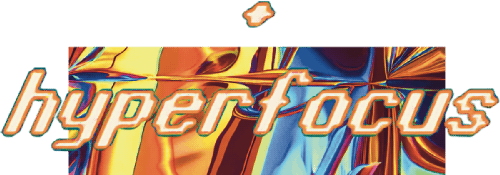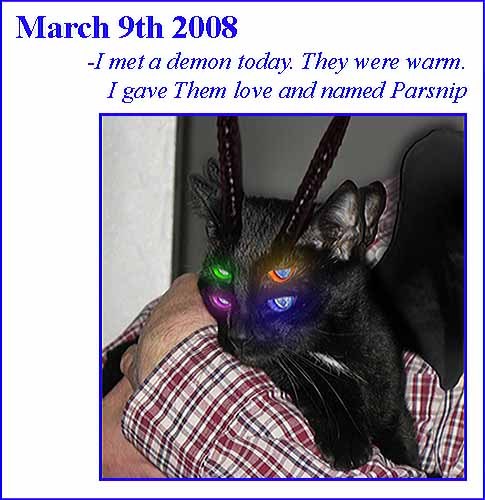”The world does not need to hear from most people. And by most people I mean a staggeringly large percentage of the population. Including me, in case you’re leaping to point that out… I agree. What the average person has to say should mostly be heard by their family, some of it by their community, perhaps a tiny bit of it by their township, and virtually none of it beyond that. The idea of global connection as a positive force is a delusion.
I believe that people are generally good. And good people can connect locally with other good people. You know who has the greatest need to reach out of their swamps to find other like-minded folks? Shitty people. It’s those representing the worst of humanity who find connection online the most attractive, because exposing it in person is dangerous. If you hate women, the internet is your perfect escape. You can commiserate with your misogynistic brethren 24 hours a day. Then you put on your game face and hide IRL.
We have a word for it when people harboring some dark tendencies reach out into cyberspace and evolve their positions. It’s called “radicalization”. And why are they radicalized? Because every jackass can be heard. And those shrieking the loudest aren’t our best.
Know what we don’t have a word for? The process of that person reaching out and discovering things aren’t that bad, and choosing positive directions.
Would we really lose much of value if all social media suddenly vanished? Well, unless you’re prepared to defend the idea that people didn’t lead vibrant lives in 2002, the answer is mostly no.
Our brains did not evolve to live in this mess of connection and isolation. We’ve been beta testing a new way of being for the last 20 years, and the data doesn’t look good.”
Source
Social media, as we used to know it, is a dead end.
With all that AI slop and the overall tendency to radicalization and money-hunting, it’s definitely better to avoid such systems, espesially anything by big tech’s ‘delivering content algorithmically’.
People need to fix, reinvent the internet, to make things better, – rescale, decentralize, balance.
Society will inevitably encounter such a problem sooner or later, when it will become evident to everyone that this way of doing internet is no longer effective and poses a real danger.



